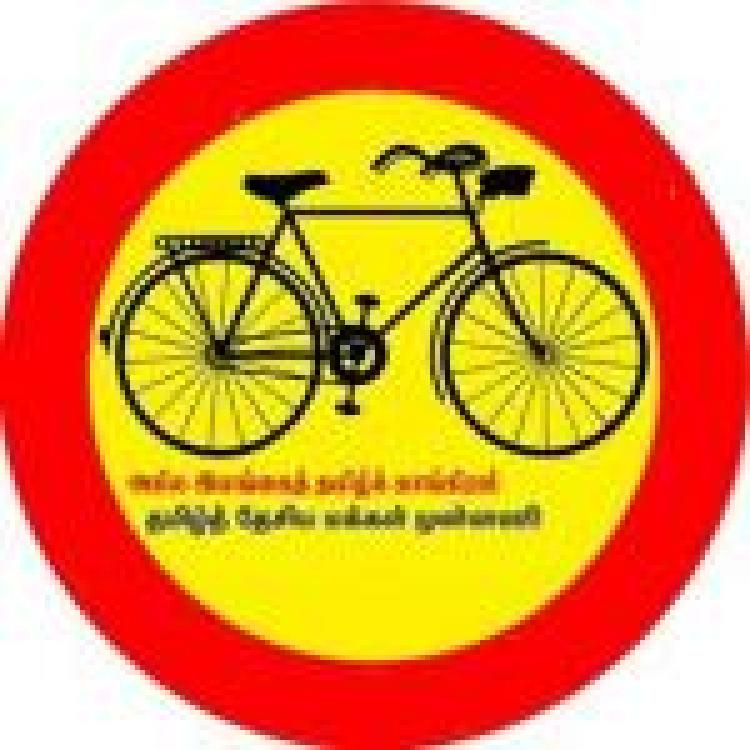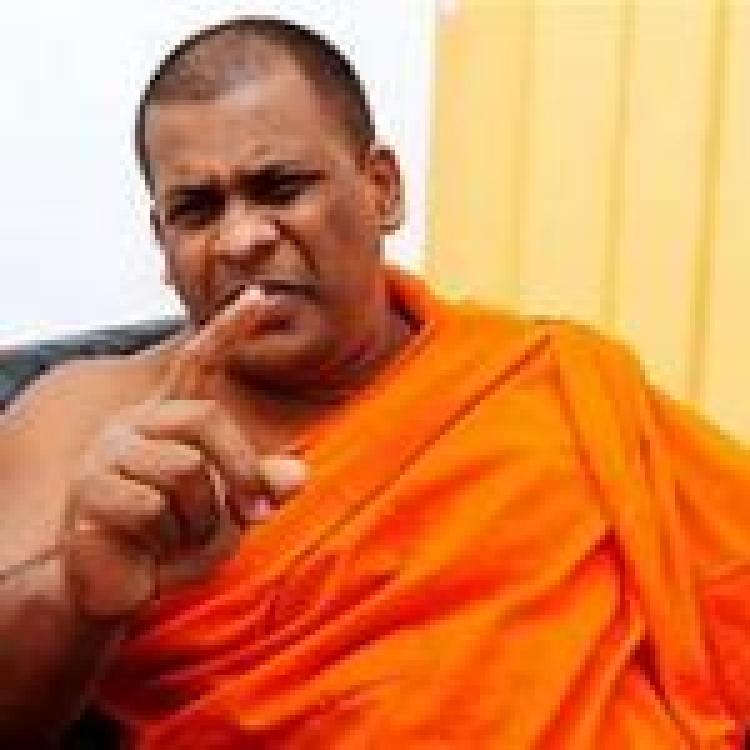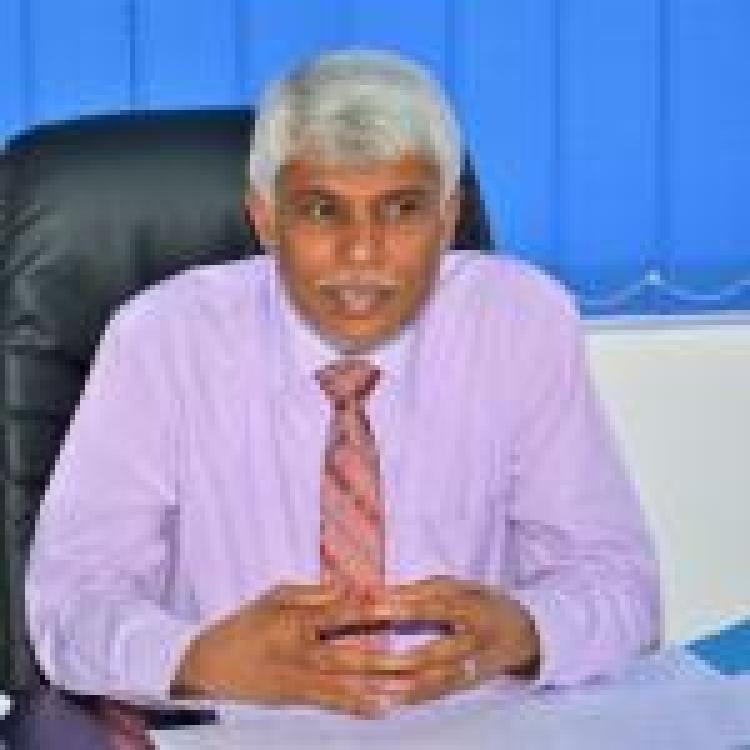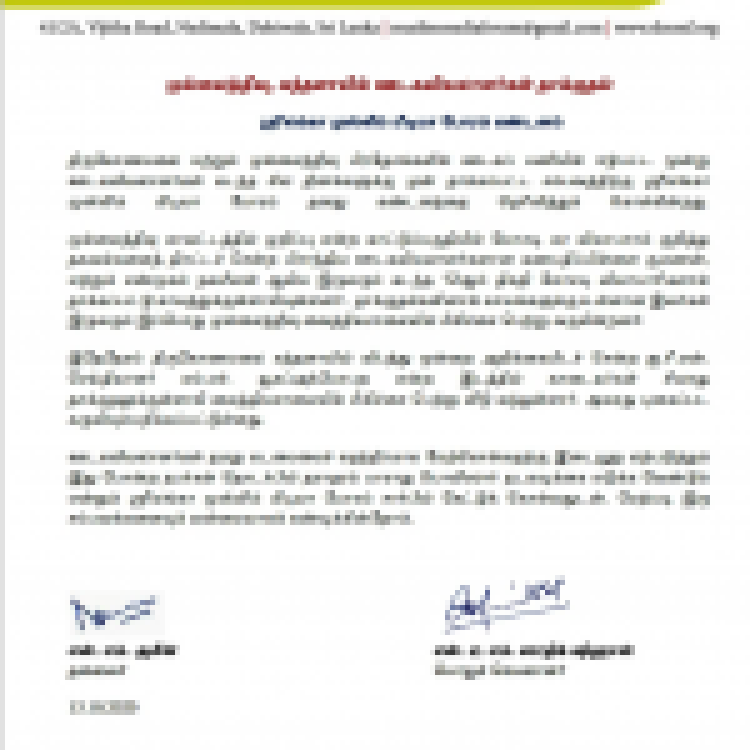![]()
Speaking in the House of Commons, Nigel Adams, UK Minister for Asia at the Foreign, Commonwealth and Development, expressed concerns over Sri Lanka’s policy of mandatory cremation.
This comes shortly after the Sri Lankan government appointed a committee to review the decision and ruled in favour of mandatory cremation. Sri Lanka’s Supreme Court further dismissed a Fundamental Rights petition against the policy.
Sri Lanka has reported that there have been 124 deaths due to the coronavirus, 50 of which were Muslims and were forcibly cremated. There are further reports of Muslim who tested negatively for COVID-19 but were denied their burial rights.
Shaykh – Forced cremation of a 20-day old infant
Ali Zahir Moulana, former Sri Lankan State Minister and former MP for Batticaloa District, has reported on the case of a Shaykh, a 20-day old infant who was forcibly cremated on Wednesday despite his parent’s wishes.
Moulana highlights how the father Fahim, a three-wheel driver who struggled to secure an income due to COVID-19 lockdowns, was forced to leave his the body of his child in the hospital after refusing to sign documents which would permit a cremation.
Fahim would then send his brother-in-law, Rifkhan, to try and speak with authorities, who persisted in their denial of burial rights. Without permission, the hospital informed Fahim that they were moving Shaykh’s body for cremation.
With a few friends, he attended but did not go inside, being overcome with grief. The media recorded the incident and recoiled over “how they were making the burning of his baby son a spectacle”, Moulana notes.
Moulana further stated on this case that:
His friends tried to speak with the authorities one last time, but they refused to budge and proceeded to cremate the infant. Fahim, grief-struck returned home to his distraught wife & 6-year old daughter. He related to me, he prays this never happens to anyone’s children. (12)
— Ali Zahir Moulana (@alizmoulana) December 10, 2020
Forced Cremations
Writing in TRT News, Rehab Mahamoor notes that families have been forced to bear the cost of cremations paying “around LKR 50,000-60,000 (approximately $270-325), in a year that has economically strained many families”.
As a final act of protest, some Muslim families refuse the ashes and the associated payment.
Mahamoor further highlights the history of anti-Muslim pogroms targeting business, homes and places of worship in Sri Lanka. She notes that the order for mandatory cremation “comes at a time when Muslims already have plenty to fear”.





